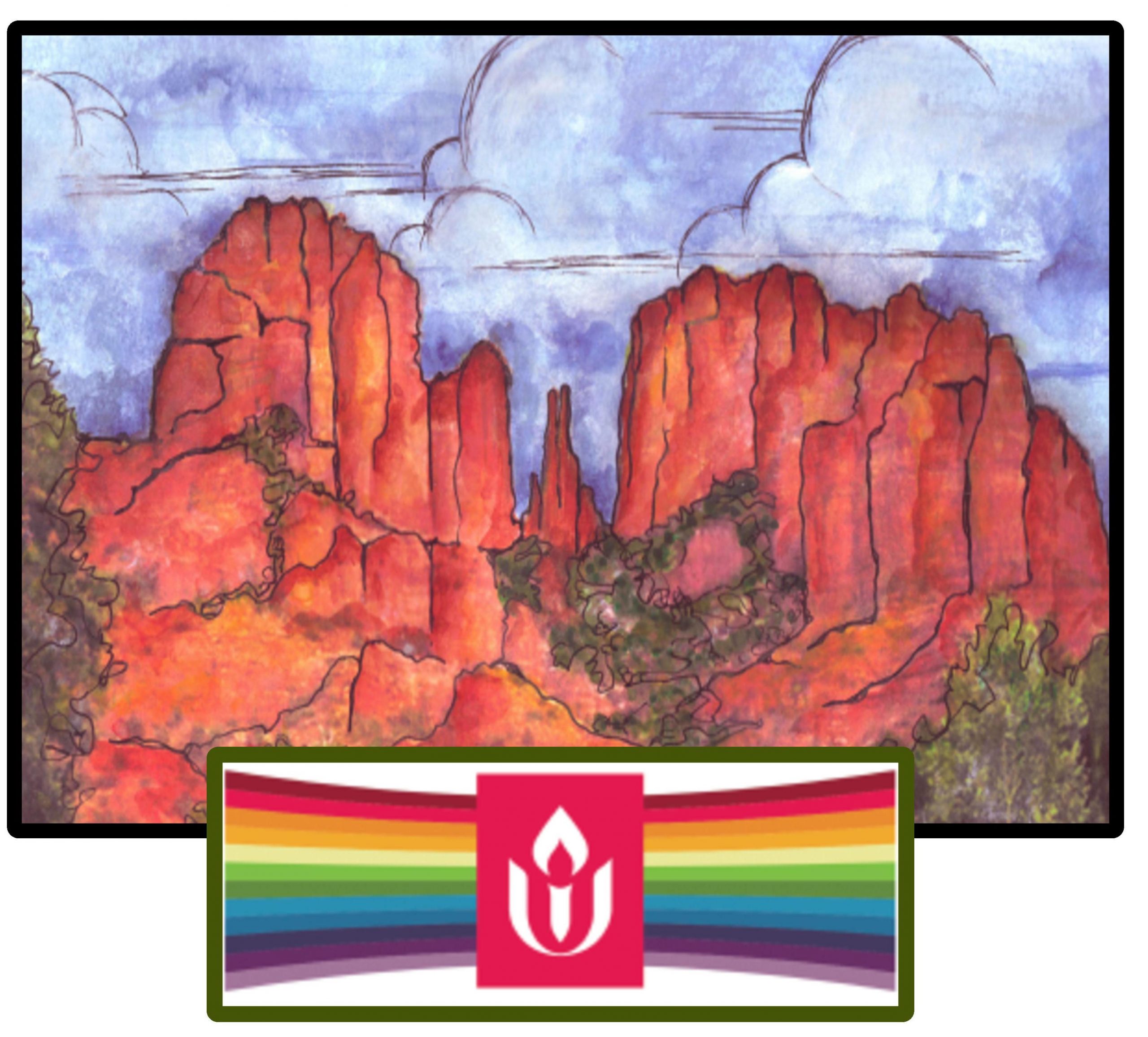Unitarian Universalists do not have one foundational sacred text, like the Bible or the Koran. Instead, they commit to being life-long seekers of wisdom. They may find guidance in scripture and science, nature and philosophy, personal experience, and ancient tradition.
UU defines six primary wisdom sources. Their valued streams of learning include the direct experiences of mystics, the words and deeds of prophetic people, texts from all the world’s religions, Jewish and Christian scriptures and commentaries, the rational science and philosophy of humanists, and the rituals and traditions of Earth-centered peoples.
Specific texts and teachings from these sources are not selected by any central authority, but rather by individuals and by faith communities. UU individuals make chosen texts sacred when they use them as inspiration for living. Congregations make certain texts sacred when they turn to them again and again for spiritual and ethical insight.
The Christian scriptures, the Torah, the Koran, and the Tao De Ching can all be sacred texts for UUs, as can the writings of spiritual teachers and poets, sayings from the Twelve-Step tradition, and accounts of unfolding discoveries about our natural world.
Sacred to many UUs are the letters and speeches by Dr. Martin Luther King, Jr., the poetry of Rumi and Gibran, the meditations of Thich Nhat Hanh, the poetry of Billy Collins and Maya Angelou, and many other sources that challenge systemic oppression and illuminate respect-worthy treatment of human beings and the environment.
UUs enjoy sharing with each other their latest sacred text discoveries. In fact, this exchange of new-found wisdom is a delightful way they enter into deeper relationship with each other.
January 26, 2024
